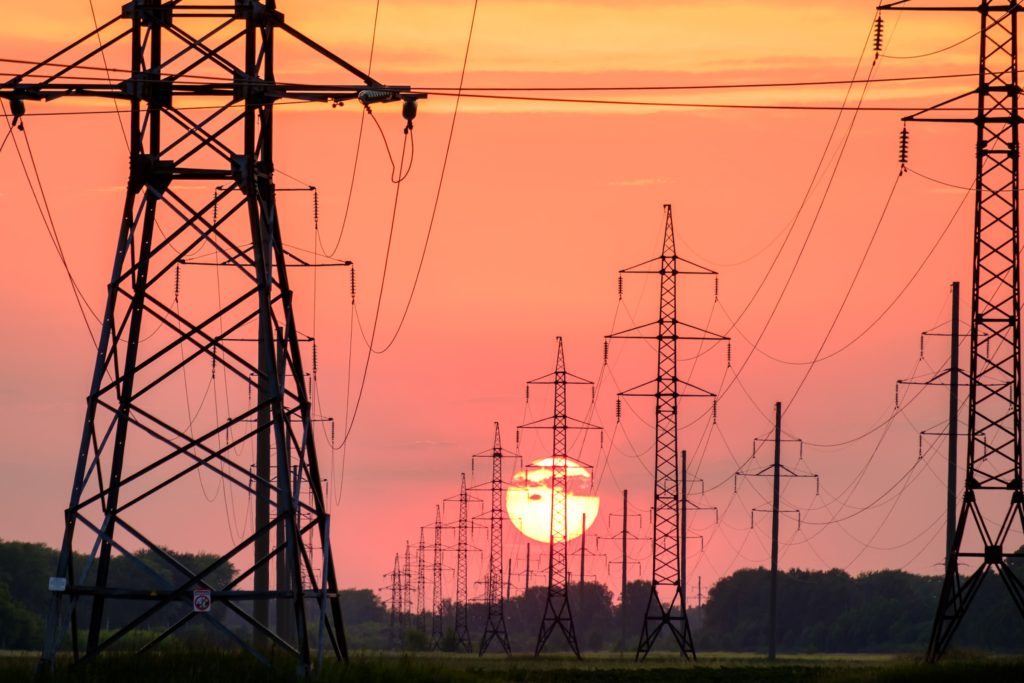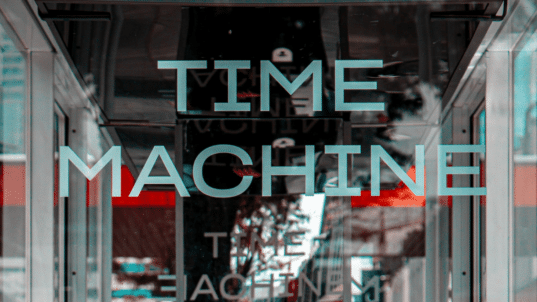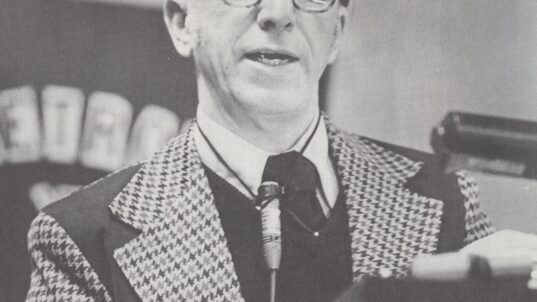
Photo by Andrey Metelev on Unsplash
South Africa has a history of unreliable electrical power. The national power provider has been accused of mismanagement of government funding for upgrades to the nation’s electric grid. As a result, communities across South Africa have begun to apply for waivers to allow them to set up their own power grids. If such approvals are granted, the national power grid will be further weakened, and communities that cannot afford their own power micro grids will be even less able to acquire and distribute reliable power. Could micro grids challenge a country’s goal of equity for all its citizens?
What is happening in South Africa is becoming more of an issue for other parts of the world, especially areas with vulnerabilities to extreme weather. In California, the state’s power producer shuts off power to some areas during fire season because of the fear that downed power lines could increase the risk of fires. In these areas, many wealthy homeowners have installed their own back-up power supplies, and some communities are setting up micro grids. How equitable is this?
What happens when an essential public good becomes so unreliable that wealthy individuals decide to set up their private energy supply? Could this become a new frontier for inequity?
How might we deal with these emerging inequities? The obvious answer would seem to be to improve the reliability of the public good. But those who have the means to privately acquire reliable power for themselves also have an undue influence over the amount of public investment that would ensure that everyone has access to the public good of reliable power. For example, in South Africa a major business has built its own solar farm and no longer relies upon the national grid. How interested is that company likely to be in encouraging and paying taxes for upgrades to the national power grid that would benefit everyone else?
Similarly difficult questions might arise if individuals or businesses are blocked from fending for themselves when public goods are unavailable or unreliable. In such cases, for example, should individuals have an inherent right to employ go-it-alone or self-help remedies and not be forced into shared sacrifice with others? How might we address the embedded concerns about fairness and equity?
Just imagine if COVID-19 vaccines, education, or safe drinking water, etc., were rationed and allocated only to those communities who could afford to pay a free-market price? How is that different from reliable electric power being available only to those who can afford back-up micro power grids? Just imagine how the inequities of micro grids might become the model for depleting other public goods? Just imagine how the inequities of scarce public goods threatens our democracy?
* * *
“It’s time to put back on the agenda the importance of public ownership and public good, the values of working together collaboratively, not in competition.”—Ken Loach (British filmmaker known for his socially conscious films)
This is part of our “Just Imagine” series of occasional posts, inviting you to join us in imagining positive possibilities for a citizen-centered democracy.



